Welcome to Rom-Com Week
We're spending the next five days celebrating—and, yes, sometimes criticizing—the genre of movies everyone secretly (or not-so-secretly) loves.
Whenever I’m home with the flu, my instinct is to put on You’ve Got Mail. It’s kind of the perfect movie for being sick in bed: I can immerse myself in a well-lit world where nothing really terrible happens to any of the characters, where witty and attractive and relatable people eventually get what they want. I never want to put on, like, Boogie Nights, which is another movie I love but which has a level of violent uncertainty that I can’t really stomach when I literally can’t stomach anything.
And whenever I admit my love of romantic comedies to my Discerning Male Friends, I always feign sheepishness. Yeah, I know it’s a rom-com, but I can defend this one on some kind of intellectual merit! You can still trust my cultural taste despite my susceptibility to the saccharine!
But if I take even 30 seconds to think about it, that inclination is problematic—embarrassingly so. Romantic comedies typically focus on the lives of women, and henceforth, we are trained by our culture to take them a lot less seriously. They must be fluff, because that’s what women want to watch! If we like them in a genuine way, we do so with the tacit understanding that we have somehow been duped into caring about a work of less consequence than a more important piece of Art (frequently made by a man). We risk being labeled intellectually lazy. In her essay “The Male Glance,” Lili Loofbourow sums it up this way: “We don’t see complexity in female stories because we have so little experience imagining it might be there.”
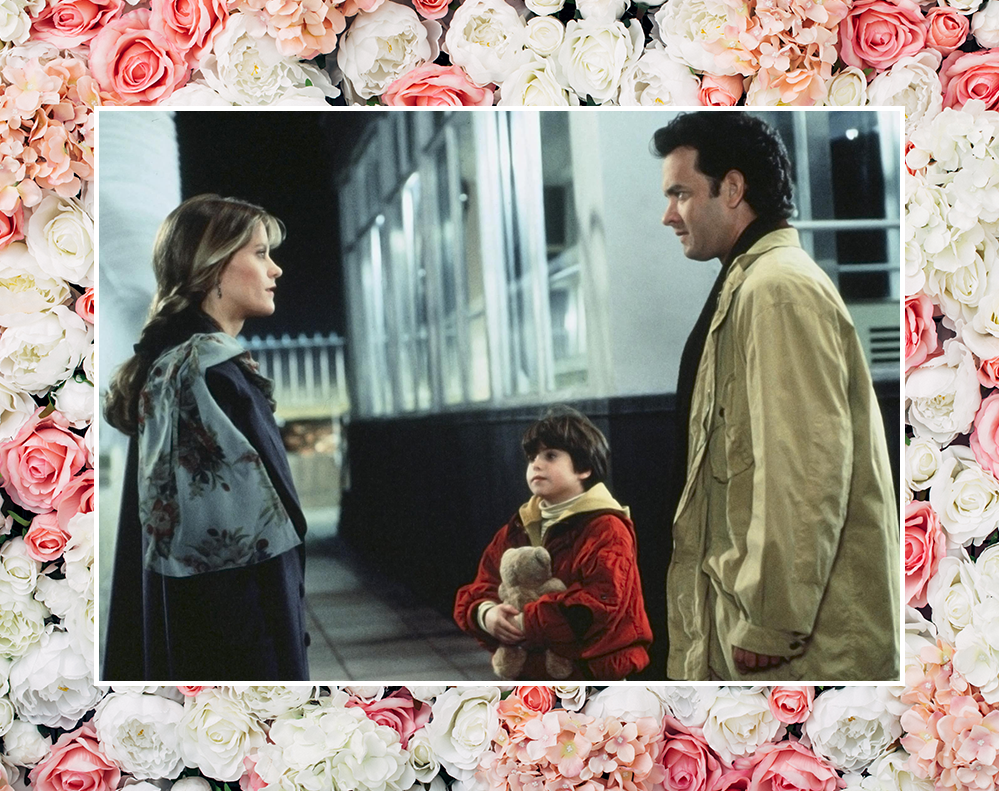
Even at the rom-com’s zenith (i.e. the late-80s to mid-90s, which brought us When Harry Met Sally and While You Were Sleeping, among others), so much of the culture writ large refused to seriously engage with the genre. For instance: Though 1993’s Sleepless in Seattle is now considered a total classic of the genre, the era’s preeminent critic, Roger Ebert, in his lukewarm review, called it “contrived” and “unapologetically romantic” (it wasn’t a compliment). Rom-coms were viewed as unserious by design, and while we could shrug that off as an oversight now, it had real market consequences. Eventually studios stopped taking these movies seriously, too, and started pumping out rom-coms that spoke less to genuine female thought and more to fantasy fulfillment by committee (think Rumor Has It, Failure to Launch, even How to Lose a Guy in 10 Days is guilty). At the rom-com’s nadir, the once-great genre became downright unrecognizable, often overly silly and cringingly problematic (I hesitate to even type the words Bride Wars, The Ugly Truth, or All About Steve).
Who cares if the characters are complex and whole, so long as there’s a shopping montage? (That is not to knock the shopping montage; I’m just saying it doesn’t have to come at the expense of character development.) And then, because half-baked odes to the gals (hello, Valentine’s Day and Confessions of a Shopaholic) weren’t heralded by the audiences to which they excruciatingly pandered—go figure—eventually the same studios stopped making those movies, too. And just like that, there were fewer female-centric stories in the world.
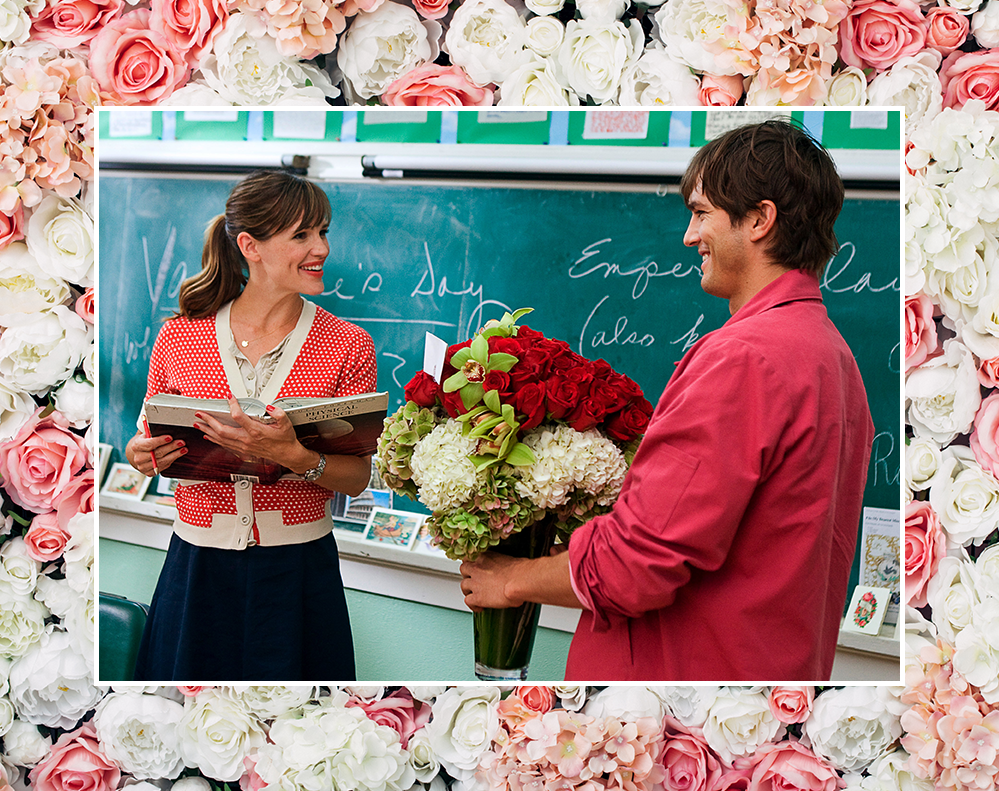
But we did get a lot of superhero movies! These should be considered the silliest movies of all (they are about flying guys with magic fighting powers and daddy issues) but instead, not only are superhero flicks consistently made, they often elicit serious critical engagement. Even when the criticism is negative, its constructive—implying that these movies have the capacity to get better.
Of course, I know that women can and do like superhero movies, but it’s a genre that has, inarguably, been male-focused since its comic book origins. But that’s okay, because men are allowed to want to be invincible and world-saving, and they should get to live that fantasy when they go to the movies. Men’s fantasies are noble, and since movies that cater to them are the only blockbusters that seem to get made, they come with the added bonus of having their own good taste reinforced.
But that’s starting to change. A romantic comedy renaissance is upon us, and the stories are both more diverse and more complicated than they were during the last surge. Maybe it’s because the market—based on a lot of factors both cultural and political—has started to shift toward unapologetic female narratives. And it turns out, you can tell stories about women that are pleasant to watch without ignoring their actual struggles! (Women knew this all along but it’s nice that mainstream industry is catching up.)

After all, the female fantasies that romantic comedies often embody serve an important purpose. Sure, Nancy Meyers movies are basically kitchen porn, and when I watch them I fantasize about being the kind of person who can maintain white linens. But I’m privileged. Those same movies can also offer a fantasy in which women are, say, not subjected to the constant threat of violence and misogyny, or simply where they’re not ignored. Is the desire to identify with a woman who gets to say something without interruption less lofty than the desire to identify with a billionaire inventor who saves the world with his cool rocket suit? Oh certainly. But it speaks to something a lot more pressing.
So this week, Marie Claire is going to take romantic comedies really seriously. Not that we’re going to stop laughing at the jokes—the jokes are the point!—but we want to engage with these movies as genuine cultural artifacts that tell stories about women for women. For the next week, we’re going to look at rom-coms and the themes they explore, where they’re going, and the ways they’ve defined us. Being critical about when they’ve succeeded and how they’ve failed may help open the door for the wider culture to take rom-coms seriously. And then, who knows! Maybe women’s lives will even get taken seriously!
Let’s not jinx it. Please join us for Rom-Com Week, right here on MarieClaire.com. —Cady Drell
Everything You Ever Wanted to Read About Rom-Coms
-
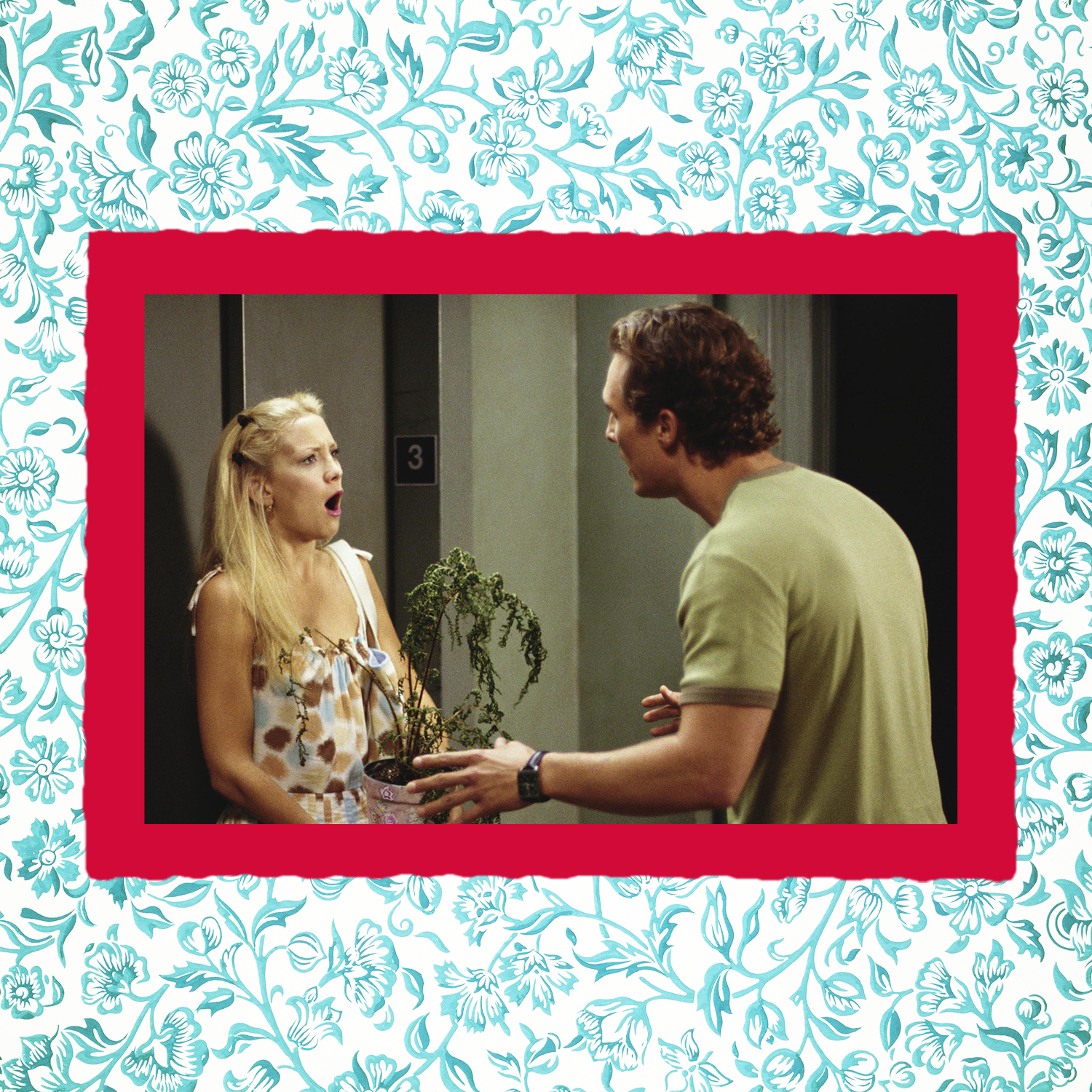
Recasted: Who Belongs in the 2019 Remake of How to Lose a Guy in 10 Days
The premise of How to Lose A Guy In 10 Days is truly one of the more LOL of romantic comedies, but the film kind of made Kate Hudson and Matthew McConaughey icons. So obviously when it came to recasting this movie, the most obvious place to look for the next big thing was Instagram.
By Danny Murphy Published
-
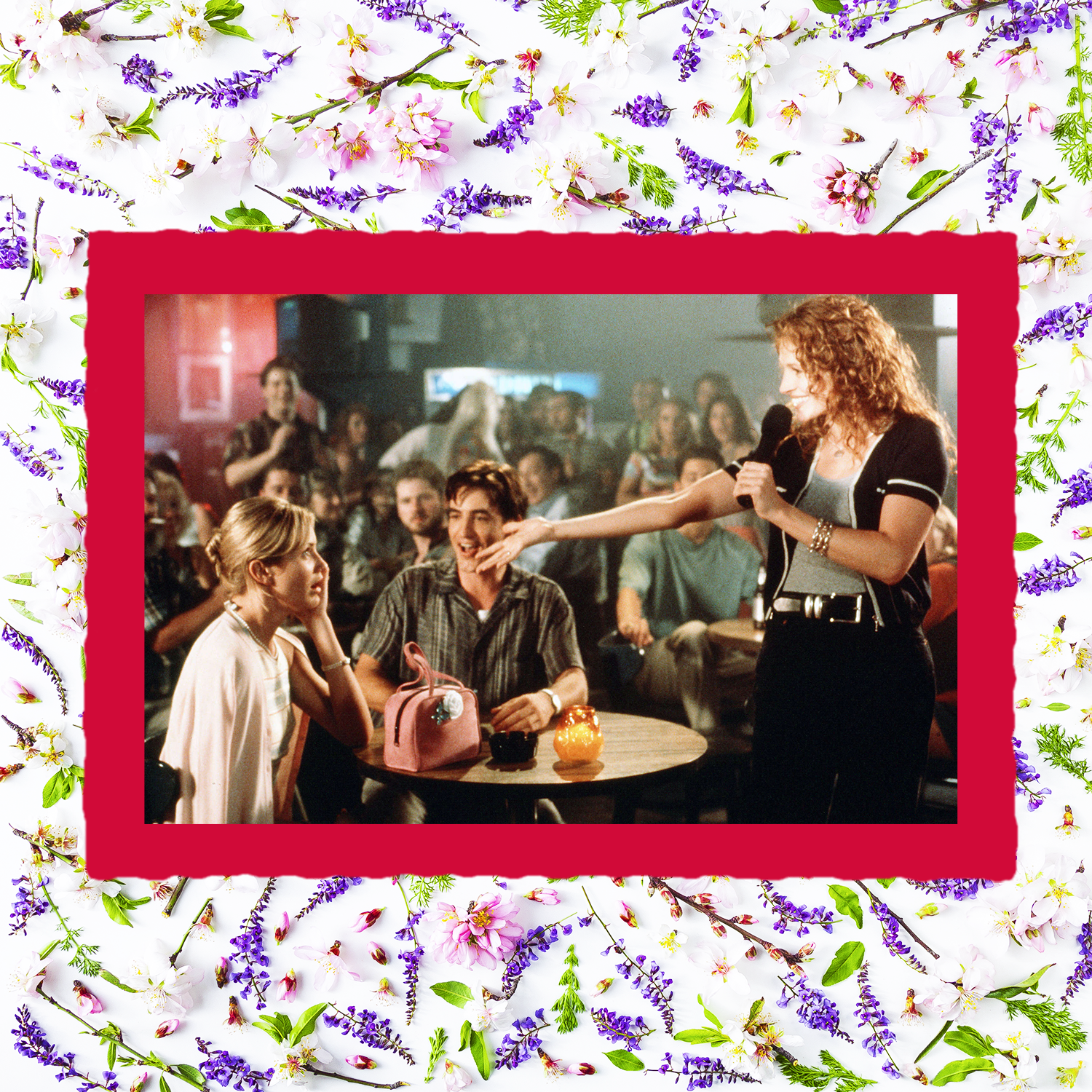
Recasted: Who Belongs in the 2019 Remake of My Best Friend's Wedding
If 'My Best Friend's Wedding' was being rebooted today, Jennifer Lawrence should be the lead role originally played by Rom-Com Queen Julia Roberts.
By Danny Murphy Published
-
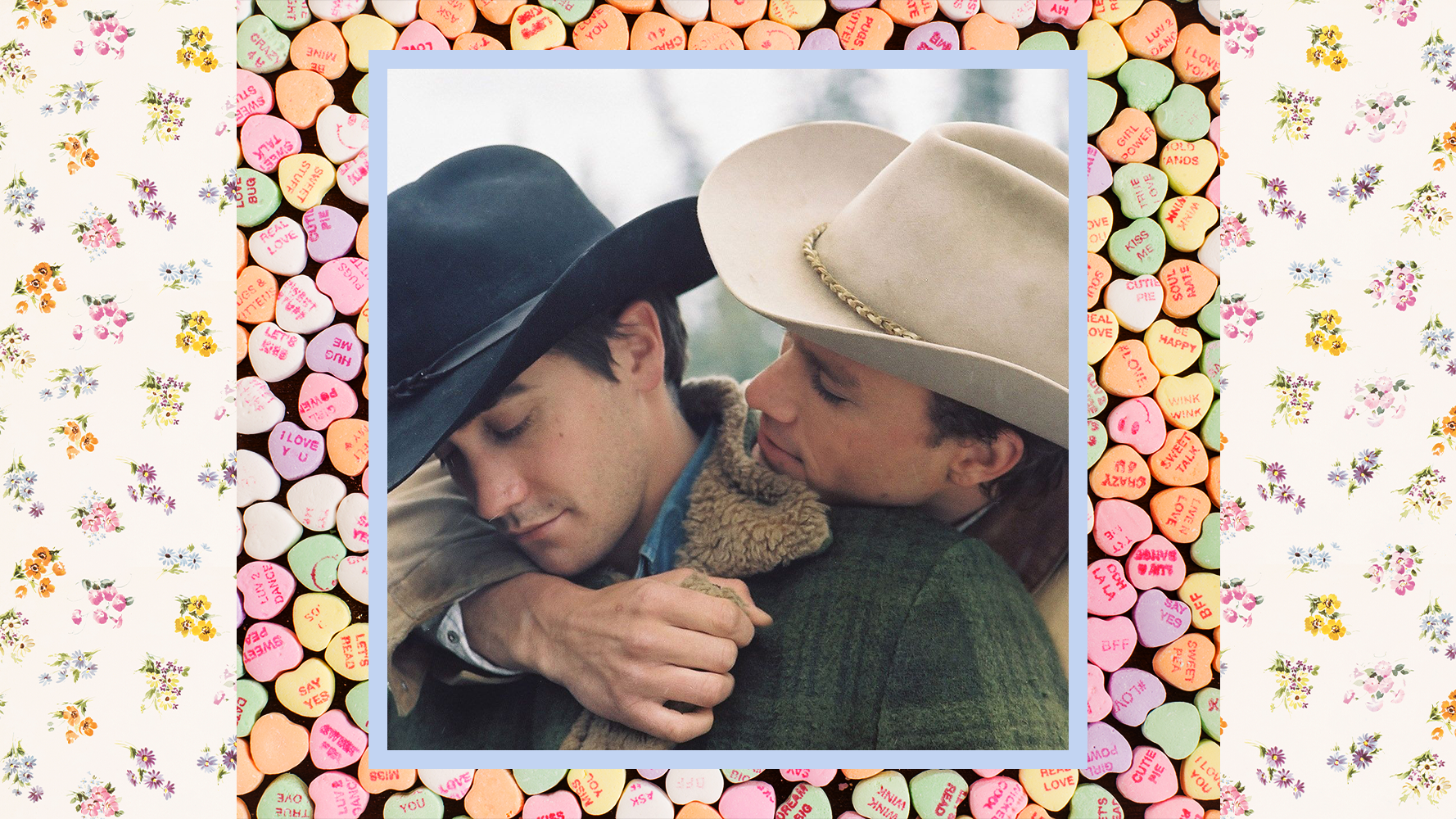
Where Are Our Queer Rom-Coms?
It's about time LGBTQ audiences got to see their love on the big screen—with a happy ending.
By Lily Burana Published
-

Recasted: Who Belongs in the 2019 Remake of Splash?
Hands down the best (possibly the only) mermaid rom-com ever made.
By Danny Murphy Published
-

Love Is Messy. You Need Your Crew.
My favorite Black rom-coms are a reminder that falling in love isn’t a solitary affair.
By Veronica Chambers Published
-

The Only Thing Worse Than Valentine's Day Is Valentine's Day
It contains every Hollywood star—and every bad rom-com trope.
By Chloe Angyal Published
-
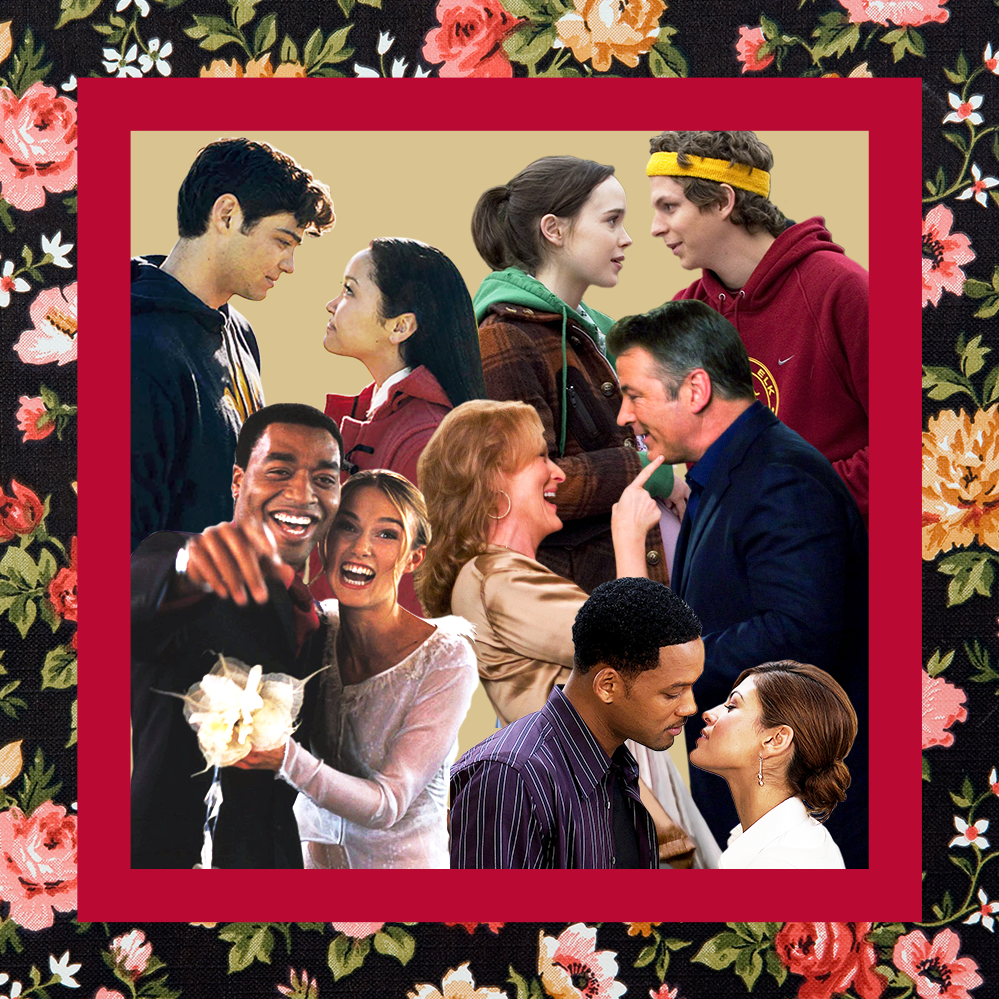
So, What Exactly Is a Rom-Com Actually?
The genre's parameters are actually fairly specific—and that's a good thing.
By Cady Drell Published
-
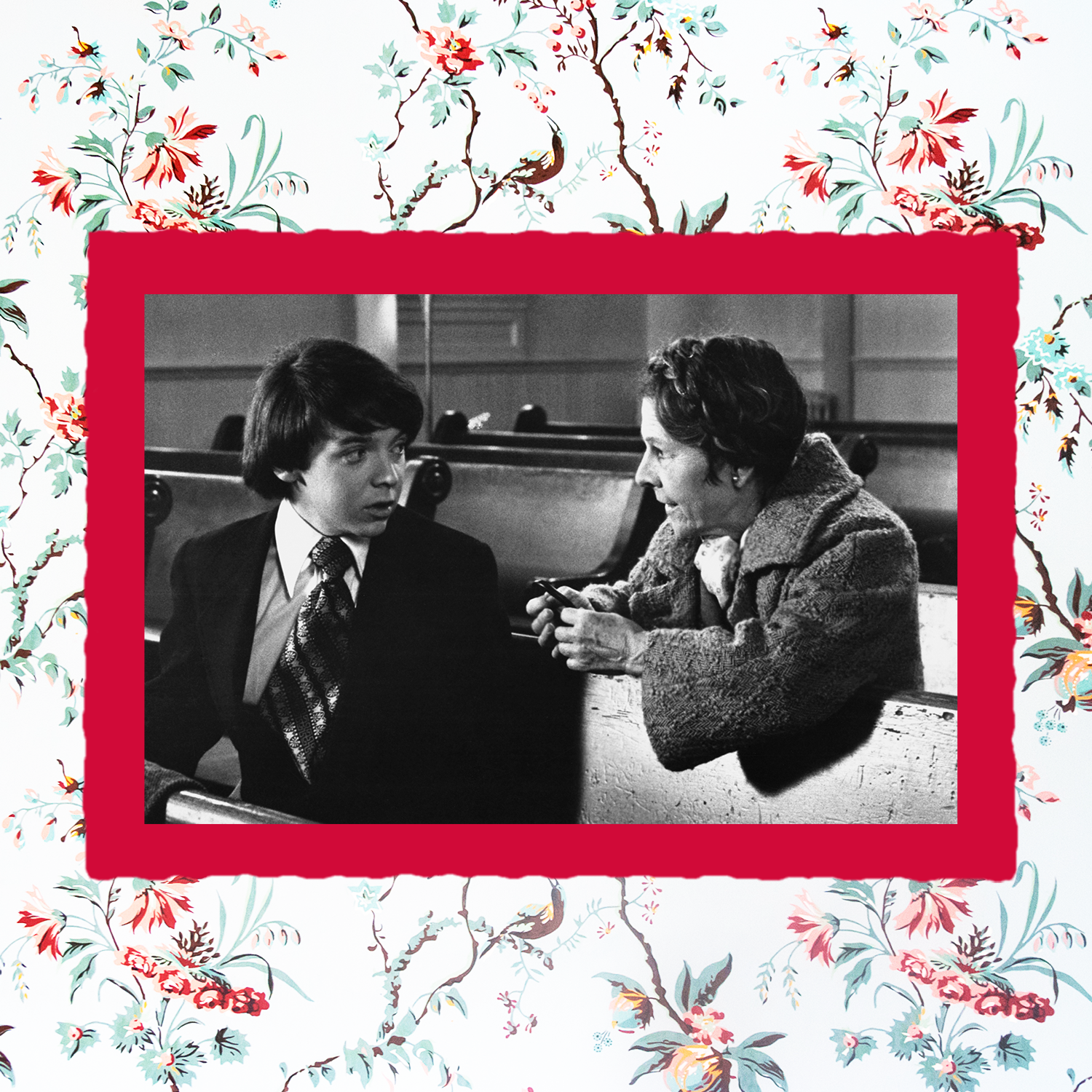
Recasted: Who Would Star in a Reboot of Harold and Maude?
And is it too weird for 2019?
By Danny Murphy Published
-
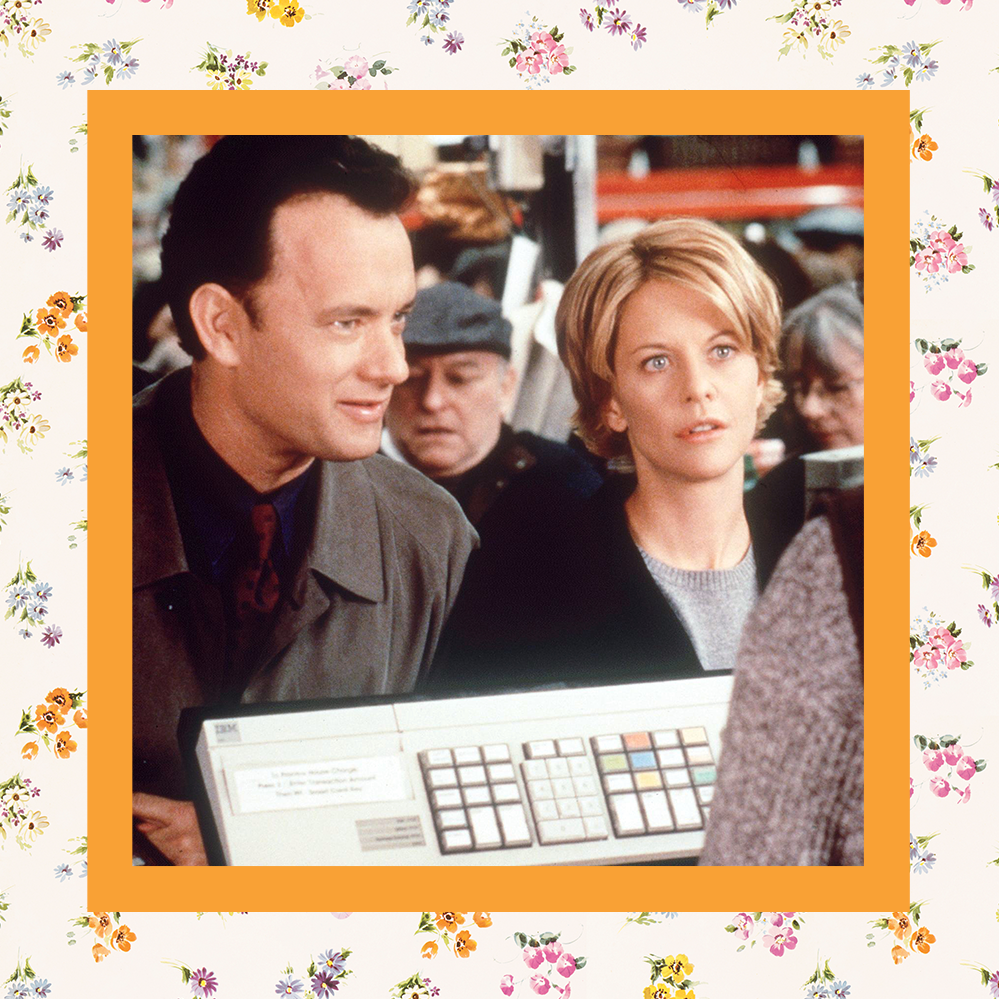
Is All Rom-Com Love Based on a Lie?
It sure seems like there are a lot of secret bets...
By Anne T. Donahue Published



